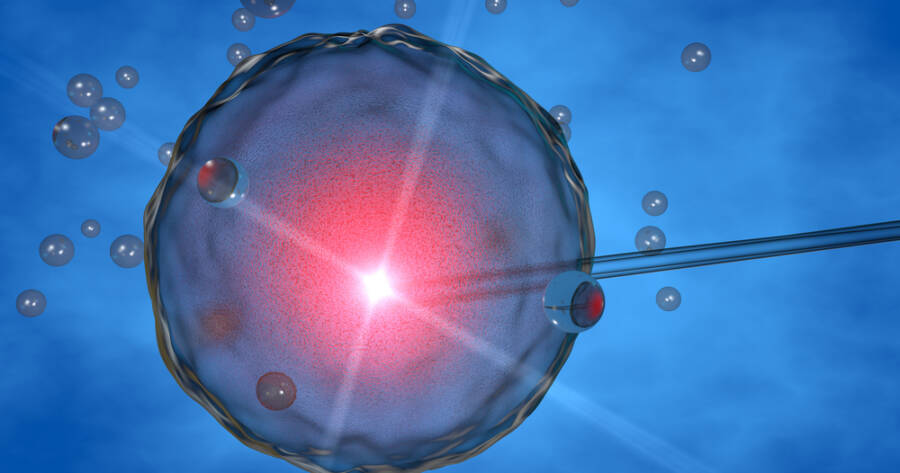Egg donation provides a unique avenue for women to earn income while helping others achieve family aspirations. The process involves detailed medical screenings and ethical considerations and may offer substantial financial compensation and personal fulfillment. Understanding compensation structures, medical benefits, and ethical guidelines is essential for those contemplating a life-transforming opportunity.
Understanding How to Earn Money Through Egg Donation
Egg donation presents a unique opportunity for women to earn income while contributing to others’ dreams of starting a family. While the process requires a significant commitment, it offers financial and personal rewards.
Women can receive compensation for their time and effort, not for the eggs themselves, as this practice is regarded as ethical. Understanding the intricacies of egg donation is crucial for those considering this path.
The Egg Donation Process and Compensation
To earn income through egg donation, it’s important to understand the steps involved. The process typically begins with thorough medical screenings and consultations with professionals. This ensures the donor’s health and safety throughout the donation process at clinics like Weill Cornell Medicine, where donors undergo comprehensive testing, including genetic and fertility assessments. Once selected, egg donors receive reimbursement for their involvement in the procedure, with compensation varying widely across different institutions and states.
For instance, The World Egg and Sperm Bank offers up to $6,000 per donation cycle, while other organizations may offer higher or lower amounts depending on location and completed cycles. Organizations like MyEggBank compensate between $10,000 to $20,000 per cycle. These payments are structured to reward the donor’s time and involvement rather than direct payment for the biological materials.
Considerations and Benefits
Egg donors not only earn monetary compensation but also gain access to a host of medical benefits. Free health evaluations, genetic testing, and screenings are often part of the compensation package. Programs like Egg Donor America cover all associated costs, including travel, hotel accommodations, and per diem for travel days, removing any financial burden from the donor.
Beyond the financial and health-related perks, donors also enjoy the satisfaction of helping individuals and couples facing infertility challenges. It’s a profound gift to aid those in building their families, offering personal fulfillment alongside financial gain. Each donation cycle typically requires significant time and commitment, involving hormone injections, initial screenings, and the elective egg retrieval procedure.
Legal and Ethical Aspects
Legal and ethical considerations are paramount in the egg donation process. In the United States, while egg donation is legal and structured to avoid the selling of human tissues, it is accompanied by ethical guidelines to protect donors from exploitation.
Organizations such as SEEDS and ASRM emphasize not overemphasizing financial compensation, aiming to ensure donors aren’t unduly influenced by potential earnings. These guidelines help maintain a balance between rewarding donors and supporting intended parents.
Furthermore, state regulations, like those in Arizona and New York, require full disclosure of the medications and risks involved to potential donors, ensuring informed consent. With the legal landscape varying across states, intended donors must be conscientious about local laws and ethical standards.
Learn More About Earning Through Egg Donation
Egg donation represents a rewarding opportunity to support others in their family-building journeys while receiving significant compensation. It offers women a chance to make use of stringent screening processes and medical benefits, presenting both financial gain and a profound impact on the lives of recipients.
Understanding the legal and ethical frameworks, donor rights, and associated costs ensures that anyone interested in this process can make an informed and secure decision. Delving into this topic not only illuminates the practical aspects of egg donation but also promotes awareness around the intricacies and responsibilities involved.

